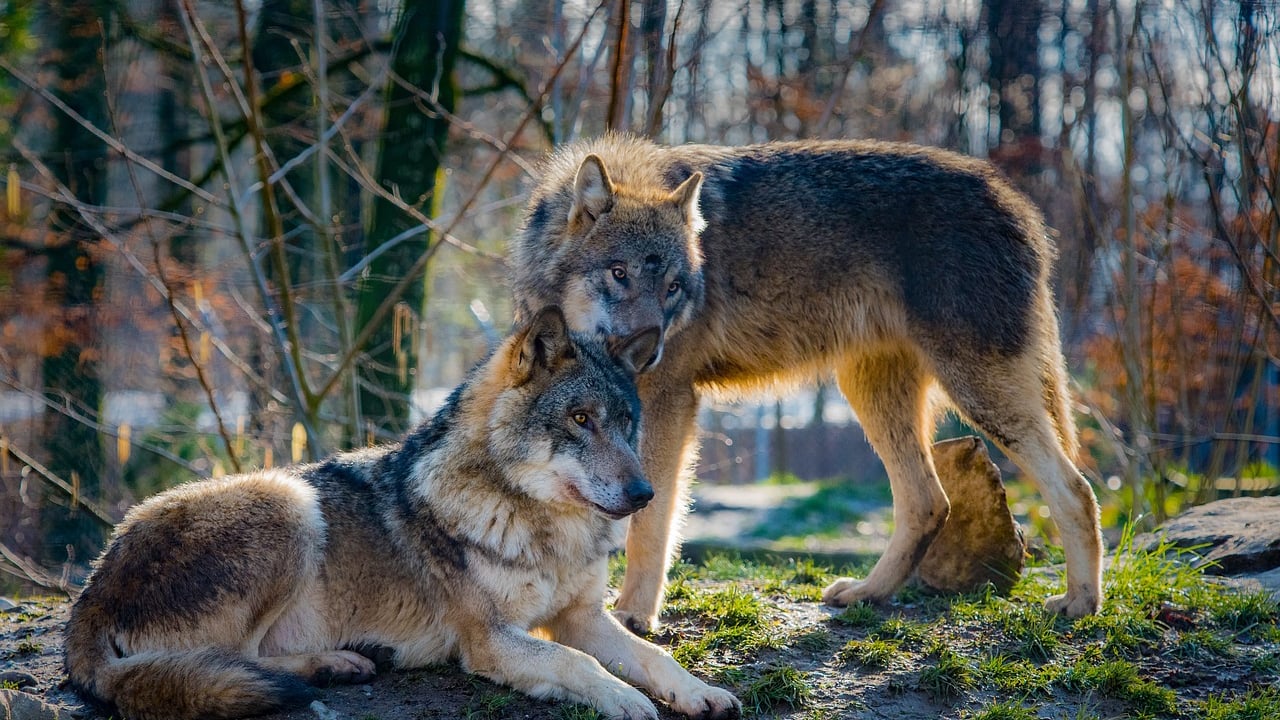EU member states back plans to reduce protection status of wolves
EU member states have given their backing to a proposal from the European Commission to reduce the protection status of wolves from 'strictly protected' to 'protected' in an effort to protect livestock in countries with wolf populations.
The commission proposed changes to the Habitats Directive early last month that, it said, would give flexibility to member states in managing their local wolf populations, so that they can take measures that are adapted to regional circumstances.
These measures may include expanding the right to reduce the wolf population.
As the wolf will remain a protected species, member states’ conservation and management measures will still need to achieve and maintain favourable conservation status for the animal.
Today (Wednesday, April 16), member state representatives on the Council of the EU approved the council's position on the commission's proposal.
The council’s position contains no changes to the initial commission proposal on the "targeted amendment" of the habitats directive.
While wolves would no longer be under the status of strictly protected species, member states should still ensure the wolf's favourable conservation status and apply monitoring measures which may lead to temporary or local bans on hunting.
EU funding and support will still be available for coexistence and prevention measures, and state aid for compensating affected farmers may remain in place.
Member states still have the possibility to list the wolf as a strictly protected species in their national legislation, and to have stricter measures in place for its protection.
The European Parliament aims to adopt its position next month. If the parliament's position is identical to the council’s position, the council will then formally adopt the amending directive.
According to the Council, the conservation status of the wolf has shown a positive trend over the last number of decades. The species has successfully recovered across the European continent, and the estimated population has almost doubled in 10 years (from 11,193 in 2012 to 20,300 in 2023).
However, the council said that this continued expansion has led to socio-economic challenges, in particular as regards coexistence with human activities and damage to livestock.
According to the latest available data from member states, wolves are estimated to kill at least 65,500 head of livestock each year in the EU.





